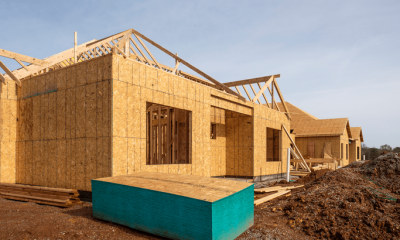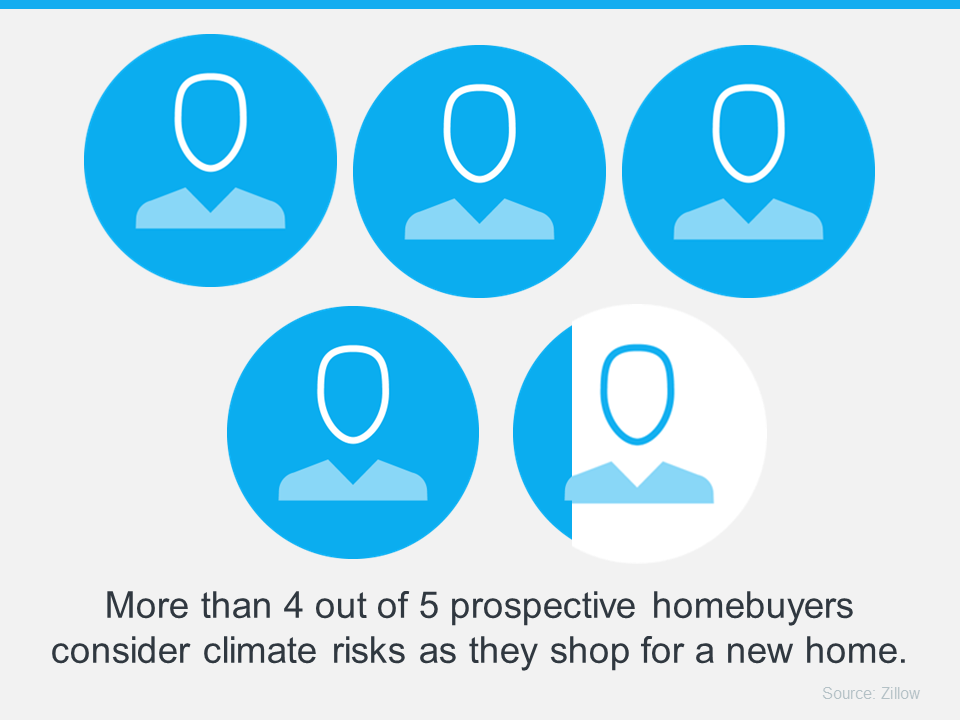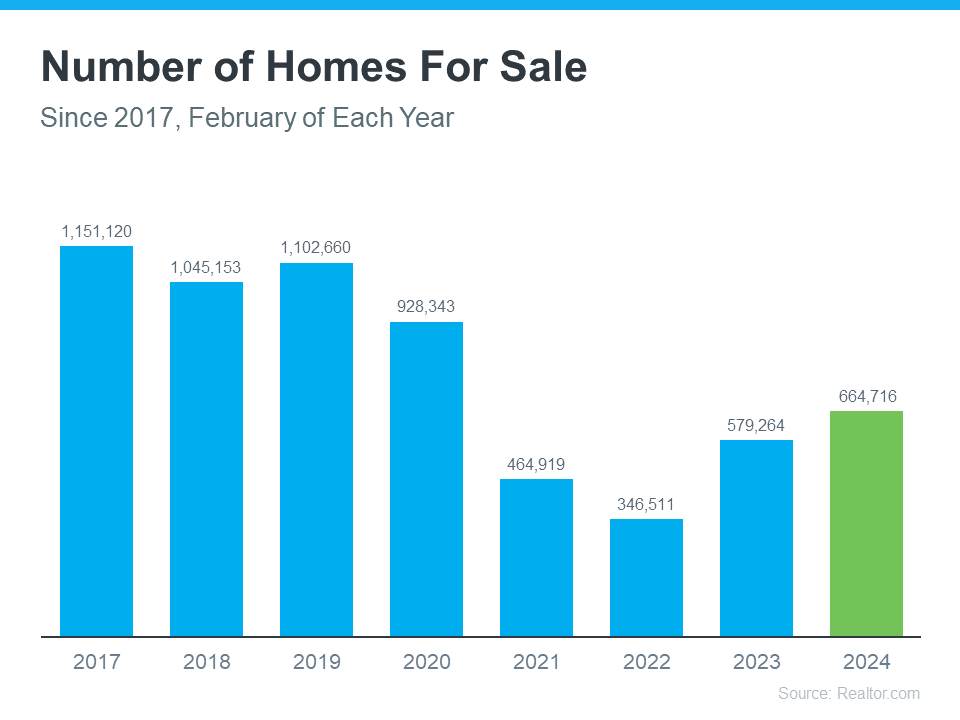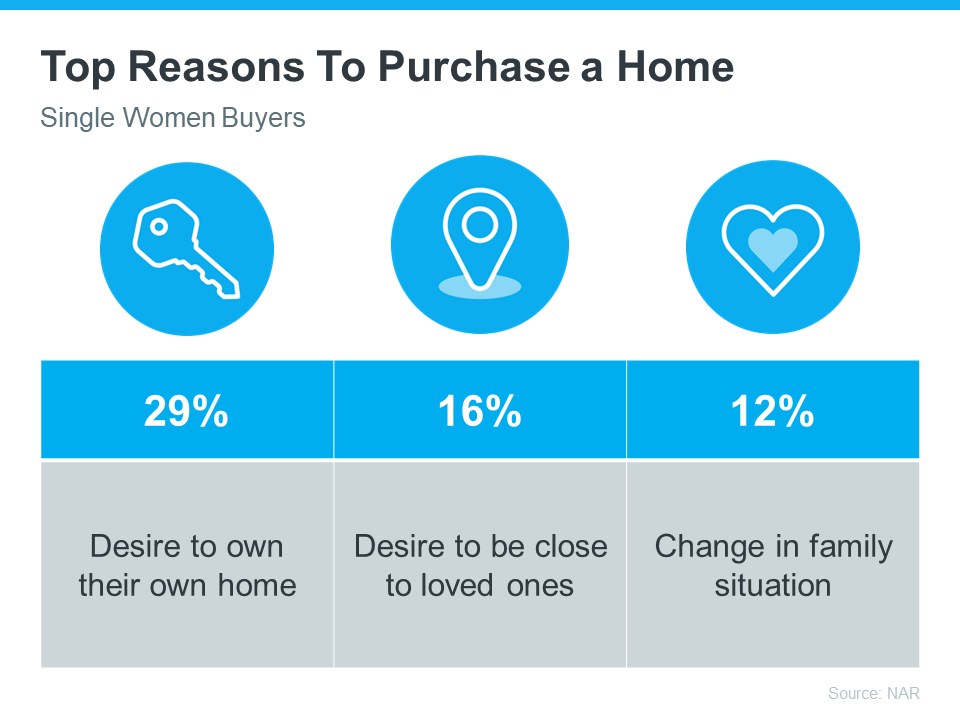

Buying Myths
Are You a Homebuyer Worried About Climate Risks?
Buying Myths
Top 5 Reasons To Hire an Agent When Buying a Home [INFOGRAPHIC]
Buying Myths
Is It Easier To Find a Home To Buy Now?
Buying Myths
Single Women Are Embracing Homeownership
-

 Affordability4 weeks ago
Affordability4 weeks agoNewly Built Homes May Be Less Expensive Than You Think
-

 Infographics1 week ago
Infographics1 week agoWhy Your Home’s Asking Price Matters More Today
-

 Economy4 weeks ago
Economy4 weeks agoWhy Buying Real Estate Is Still the Best Long-Term Investment
-

 Infographics4 weeks ago
Infographics4 weeks agoThe Big Difference Between a Homeowner’s and a Renter’s Net Worth
-

 Buying Tips4 weeks ago
Buying Tips4 weeks agoUnderstanding Today’s Mortgage Rates: Is 3% Coming Back?
-

 Agent Value4 weeks ago
Agent Value4 weeks agoThe Rooms That Matter Most When You Sell
-

 Affordability3 weeks ago
Affordability3 weeks agoBuying Your First Home? FHA Loans Can Help
-

 First-Time Buyers3 weeks ago
First-Time Buyers3 weeks agoThe Five-Year Rule for Home Price Perspective
















You must be logged in to post a comment Login